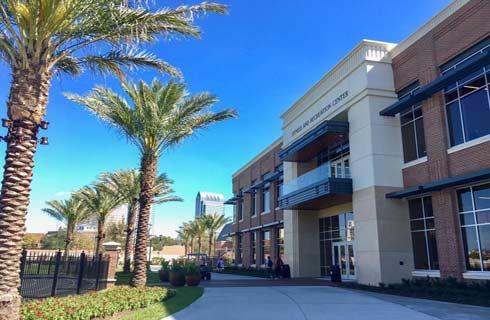BSc (Hons) Veterinary Biosciences(University of Surrey)


学历文凭
Bachelor Degree with Honours

专业院系

开学时间

课程时长

课程学费

国际学生入学条件
A-level: ABB-BBB and Required subjects: Required subjects: Biology and a second science or mathematics subject. A-level General Studies and A-level Critical Thinking are not accepted. Applicants taking the Science Practical Endorsement are expected to pass. GCSE or equivalent: English Language and Mathematics at grade 4 (C). IB Diploma: 33-32 and Required subjects: Biology or Chemistry HL5/SL6 and a second science or mathematics subject. GCSE or equivalent: English A HL4/SL4 or English B HL5/SL6 and Mathematics (either course) HL4/SL4.
IDP—雅思考试联合主办方

雅思考试总分
6.5
- 雅思总分:6.5
- 托福网考总分:88
- 托福笔试总分:160
- 其他语言考试:PTE 67 overall Reading 59 Speaking 59 Listening 59 Writing 64
CRICOS代码: D300
申请截止日期: 请与IDP联系 以获取详细信息。
课程简介
相关申请
 预科
预科 奖学金
奖学金 实习机会
实习机会 在校学习
在校学习 跨境学习
跨境学习 校园授课-线上开始
校园授课-线上开始 在线/远程学习
在线/远程学习
开学时间&学费
学费信息仅供参考,请与IDP联系以获取详细信息
| 开学时间 | 时长 | 学费 | 地点 |
|---|
本校相关课程

International Foundation Year - Business, Economics, Law and Social Sciences
学历文凭
Foundation for Undergraduate
开学日期
课程费用总额


International Foundation Year - Computing, Engineering and Physical Sciences
学历文凭
Foundation for Undergraduate
开学日期
课程费用总额


International Foundation Year - Life Sciences
学历文凭
Foundation for Undergraduate
开学日期
课程费用总额


Pre-Masters in Engineering (1 Semester)
学历文凭
Foundation for Postgraduate
开学日期
课程费用总额


Pre-Masters in Engineering (2 Semester)
学历文凭
Foundation for Postgraduate
开学日期
课程费用总额


Pre-Masters in Engineering (2.5 Semester)
学历文凭
Foundation for Postgraduate
开学日期
课程费用总额

其他相关课程

兽医学博士
 阿德莱德大学
阿德莱德大学学历文凭
Ph.D.
开学日期
课程费用总额


健康研究研究生证书
 堪培拉大学
堪培拉大学泰晤士高等教育世界大学排名:470
学历文凭
Graduate Certificate
开学日期
课程费用总额


兽医学学士
 詹姆斯·库克大学
詹姆斯·库克大学泰晤士高等教育世界大学排名:361
学历文凭
Bachelor Degree with Honours
开学日期
课程费用总额


兽医学博士
 墨尔本大学
墨尔本大学学历文凭
Ph.D.
开学日期
课程费用总额


热带兽医学研究生文凭
 詹姆斯·库克大学
詹姆斯·库克大学泰晤士高等教育世界大学排名:361
学历文凭
Graduate Diploma
开学日期
课程费用总额


兽医生物学学士/兽医科学学士
 查尔斯特大学
查尔斯特大学泰晤士高等教育世界大学排名:631
学历文凭
Dual Degree
开学日期
课程费用总额










